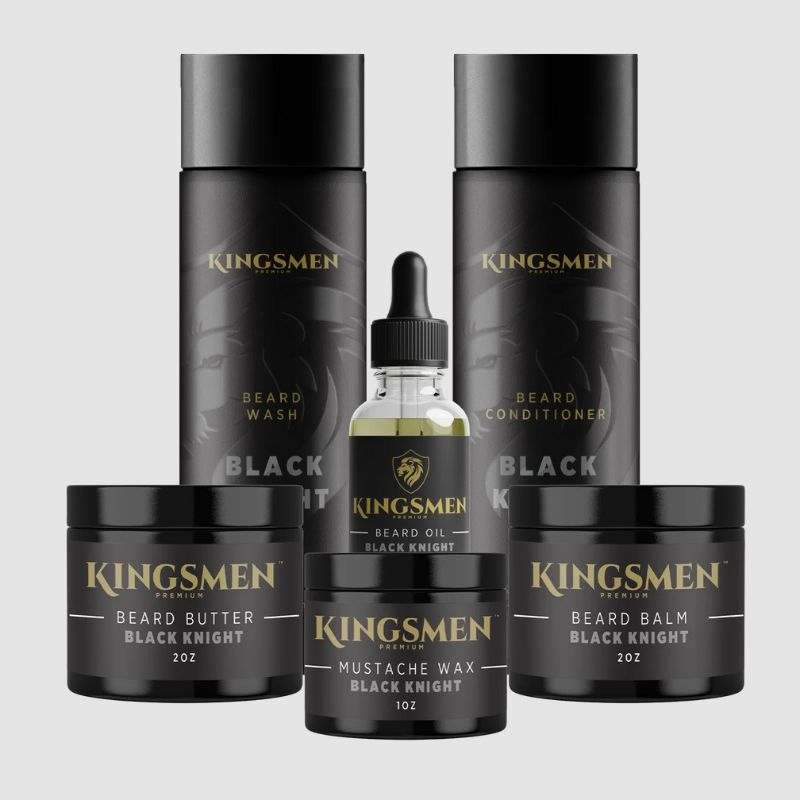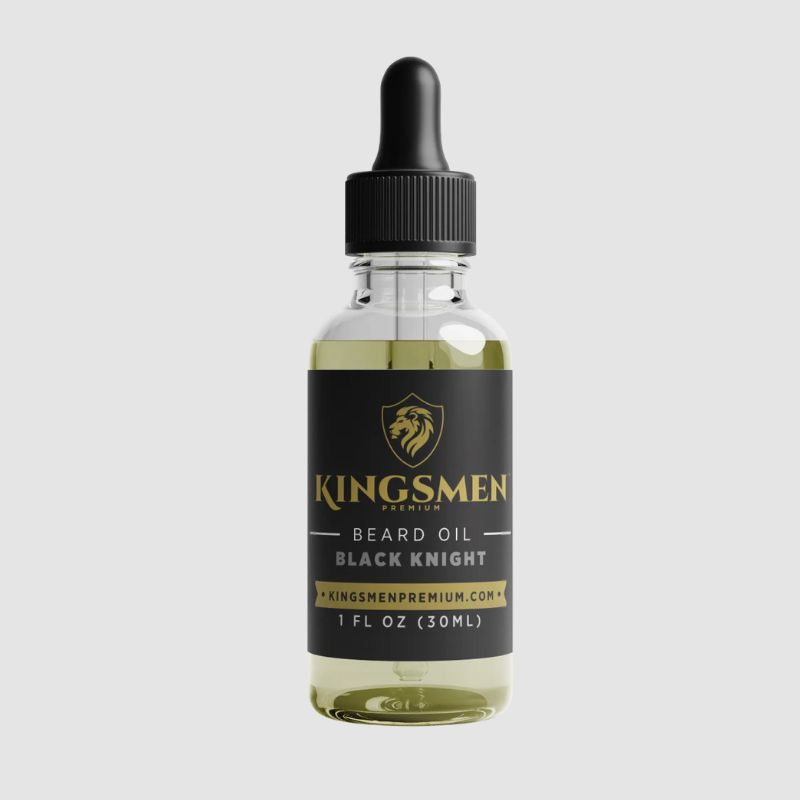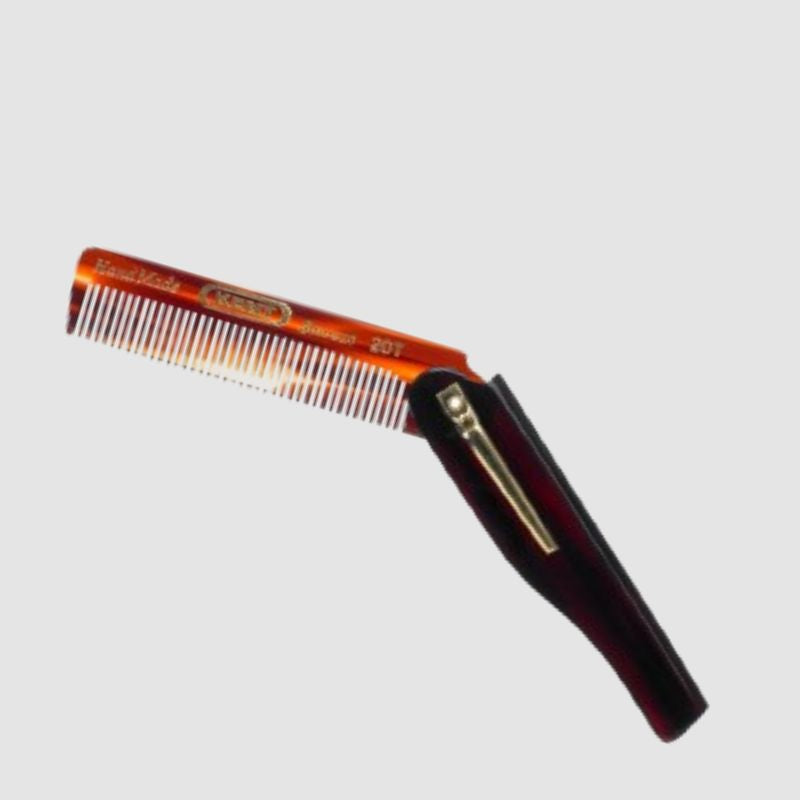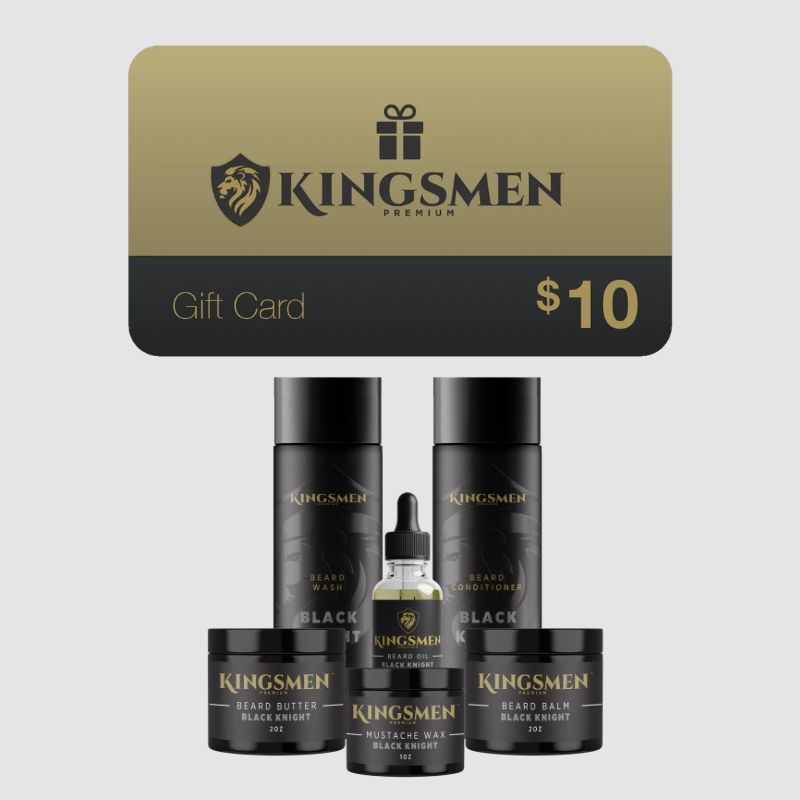My beard hurts: why your beard may be causing pain

Photo by Gary Meulemans on Unsplash
Growing a beard can be a rewarding experience, but for some men, it can also be a painful one. If you're experiencing pain or discomfort in your beard, you're not alone. Many men suffer from beard pain, which can be caused by a variety of factors. Here, we'll explore some of the common causes of beard pain and provide tips for managing this discomfort.
Ingrown Hairs
One of the most common causes of beard pain is ingrown hairs. Ingrown hairs can cause beard pain due to the way they grow. When an ingrown hair occurs, the hair follicle becomes trapped inside the skin, causing the hair to grow inward rather than outward. This can lead to redness, swelling, and pain in the affected area.
The skin surrounding an ingrown hair can also become irritated and inflamed, leading to further discomfort and pain. In severe cases, an ingrown hair can develop into an annoying pimple or even an infection.
Ingrown hairs are more likely to occur in men with curly beards, as the hair is more likely to grow back into the skin. To prevent ingrown hairs and the associated pain, it's important to keep your beard trimmed and exfoliate regularly to remove dead skin cells and unclog hair follicles. Using a beard oil or other beard care product that contains ingredients to soothe the skin and prevent inflammation can also help reduce the risk of ingrown hairs and beard pain. If you're experiencing pain or discomfort due to ingrown hairs, it's best to seek treatment from a doctor or dermatologist, who can recommend a course of action to alleviate the symptoms.
Folliculitis
Folliculitis is an infection of the hair follicles that can cause beard pain. When the hair follicles become infected, they can become red, swollen, and painful, often appearing as pimples or boils in the beard area. The infection can cause discomfort and pain, and in severe cases, it can also lead to scarring.
Folliculitis can be caused by a variety of factors, including bacteria, yeast, or viruses. Poor hygiene can also exacerbate folliculitis, as dirt and oil can build up in the beard and provide an environment for infection to thrive. Shaving, waxing, or other hair removal methods can also increase the risk of folliculitis, as they can irritate the skin and make it more susceptible to infection.
Prevention of folliculitis and the associated beard pain, it's important to maintain good hygiene by washing your beard regularly with a gentle beard wash and using a beard oil or other beard care product to keep the skin moisturized. If you're experiencing beard pain or discomfort due to folliculitis, it's best to seek treatment from a medical professional. They will be able to prescribe antibiotics or other medications to clear the infection and alleviate the symptoms. In some cases, changes to your grooming routine, such as switching to an electric razor, can also help prevent folliculitis and the associated beard pain.
Allergic Reactions
Allergic reactions can cause beard pain by irritating and inflaming the skin. Allergic reactions can be triggered by various products and substances, including beard oils, shampoos, conditioners, and even the material of your beard comb or brush. When you apply a product that you are allergic to, your skin can become red, swollen, and itchy, causing discomfort and pain.
Be mindful of the products you use on your beard. Before trying a new beard oil or other product, it's best to perform a patch test on a small area of skin to see if you have an allergic reaction. Avoiding products that contain fragrances or other ingredients that you know you're allergic to can also help reduce the risk of an allergic reaction.
If you suspect that an allergic reaction is causing your beard pain, talk to your doctor. In some cases, switching to a gentler beard care product or avoiding the allergen altogether can help prevent future reactions and alleviate beard pain.
Psoriasis
Psoriasis is a chronic skin condition that can cause beard pain by causing inflammation and redness of the skin. People with psoriasis have skin cells that grow too quickly, leading to thick, scaly patches on the skin. These patches can become itchy and painful, and in some cases, they can also crack and bleed, causing discomfort and pain.
Beards are a common area for psoriasis to occur, as the skin in the beard area is often irritated and prone to dryness. This can exacerbate the symptoms of psoriasis, leading to increased discomfort and pain.
To manage psoriasis in the beard area, it's important to maintain good skin care practices. Keeping the skin hydrated by using a gentle beard oil or other moisturizing product can help reduce the risk of dryness and itching. Using a soft beard brush or comb can also help prevent skin irritation.
If you have psoriasis and are experiencing beard pain, you should see a dermatologist. There are topical creams or ointments that can help reduce the redness and itching associated with psoriasis, while light therapy or other treatments may be recommended for more severe cases. Maintaining a healthy diet and avoiding triggers that can exacerbate psoriasis, such as stress or alcohol, can also help reduce the risk of beard pain.
Acne
Acne can cause beard pain by causing inflammation and redness of the skin. Acne is a common skin condition that occurs when hair follicles become clogged with oil and dead skin cells, leading to the development of pimples, blackheads, and whiteheads. The beard area is particularly susceptible to acne, as the hair follicles can become clogged with oil and debris from grooming products, leading to the development of painful and uncomfortable pimples.
It's important to maintain good hygiene and grooming practices in order to reduce the number of breakouts you’re experiencing. Washing with a gentle beard wash and using an all-natural beard oil to keep the skin moisturized can help reduce the risk of clogged pores and acne. Using a soft beard brush or comb can also help prevent skin irritation.
A dermatologist can recommend a course of action to manage your acne symptoms. Over-the-counter acne products, such as benzoyl peroxide or salicylic acid, can help reduce the redness and inflammation associated with acne. In more severe cases, prescription topical creams or oral medications may be recommended to help clear up the acne and alleviate the associated beard pain. In addition, making changes to your diet and avoiding triggers that can exacerbate acne, such as processed foods and dairy products, can also help reduce the risk of beard pain.
Razor Burn
Razor burn can cause beard pain by irritating and inflaming the skin. Razor burn is a common condition that occurs when the skin is irritated or nicked by a razor during shaving. The symptoms of razor burn can include redness, itching, and burning of the skin, and in some cases, small bumps or pimple-like eruptions may also develop.
Beards are a common area for razor burn to occur, as the skin in this area is often sensitive and prone to irritation. The hair follicles in the beard area are also more likely to become clogged with oil and dead skin cells, which can further exacerbate the symptoms of razor burn.
Take proper care when shaving to reduce the risk of razor burn. Using a sharp, high-quality razor, and shaving in the direction of hair growth can help reduce the risk of nicking and irritation. Applying a pre-shave oil or other beard care product can also help moisturize the skin and reduce the risk of razor burn.
If you have razor burn in the beard area and are experiencing beard pain, it's best to seek treatment from a doctor or dermatologist, who can recommend a course of action to manage the symptoms. In some cases, using over-the-counter creams or gels can help soothe the skin and reduce the redness and itching associated with razor burn. In more severe cases, prescription topical creams or oral medications may be recommended to help clear up the symptoms and alleviate the beard pain. In addition, avoiding further shaving or using grooming products until the skin has fully healed can help reduce the risk of further irritation and pain.
Find the Right Products to Care for Your Beard
Growing a beard can be a rewarding experience, but for some men, it can also be a painful one. Get ahead of the itching and irritation and shop the Kingsmen Premium line of beard care products, packed with moisturizing ingredients that help to prevent the various causes of beard pain. Our beard care kits kits are the best place to start giving your beard what it needs to stay healthy.
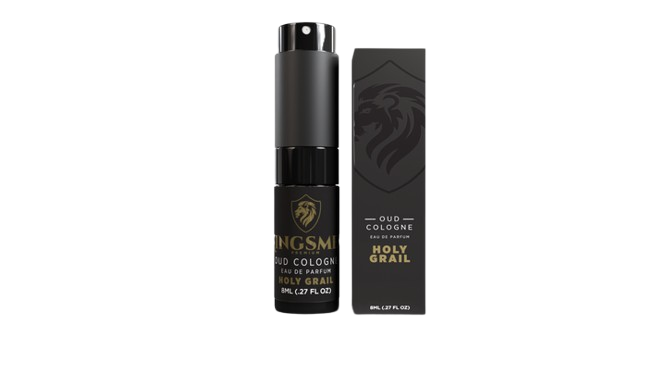
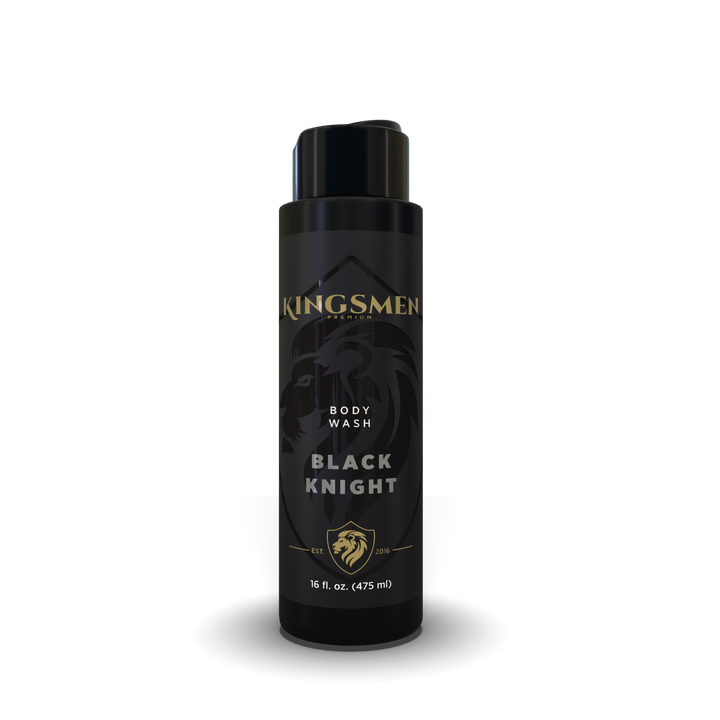
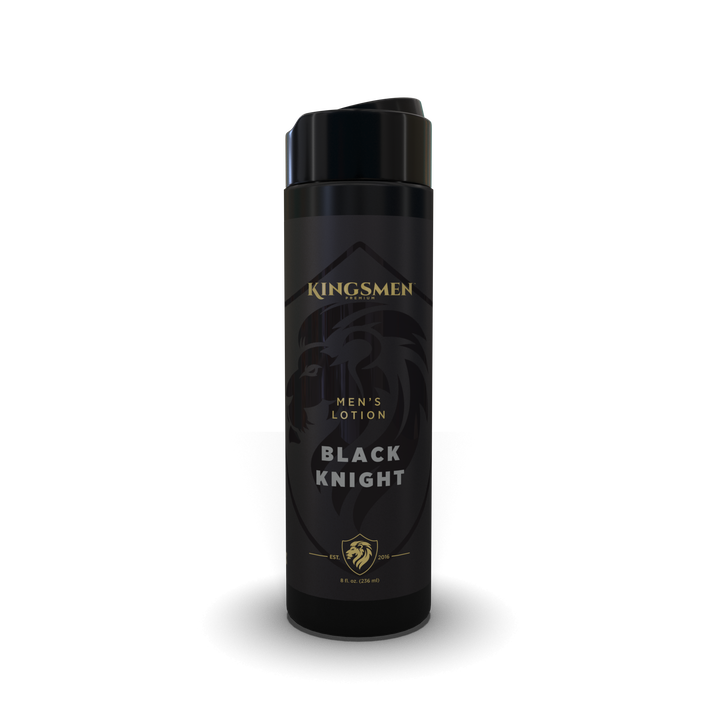
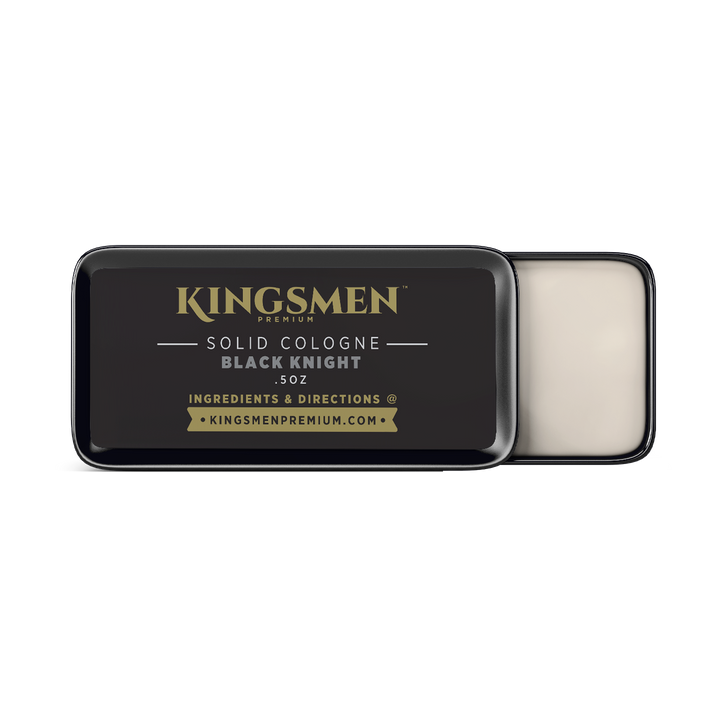
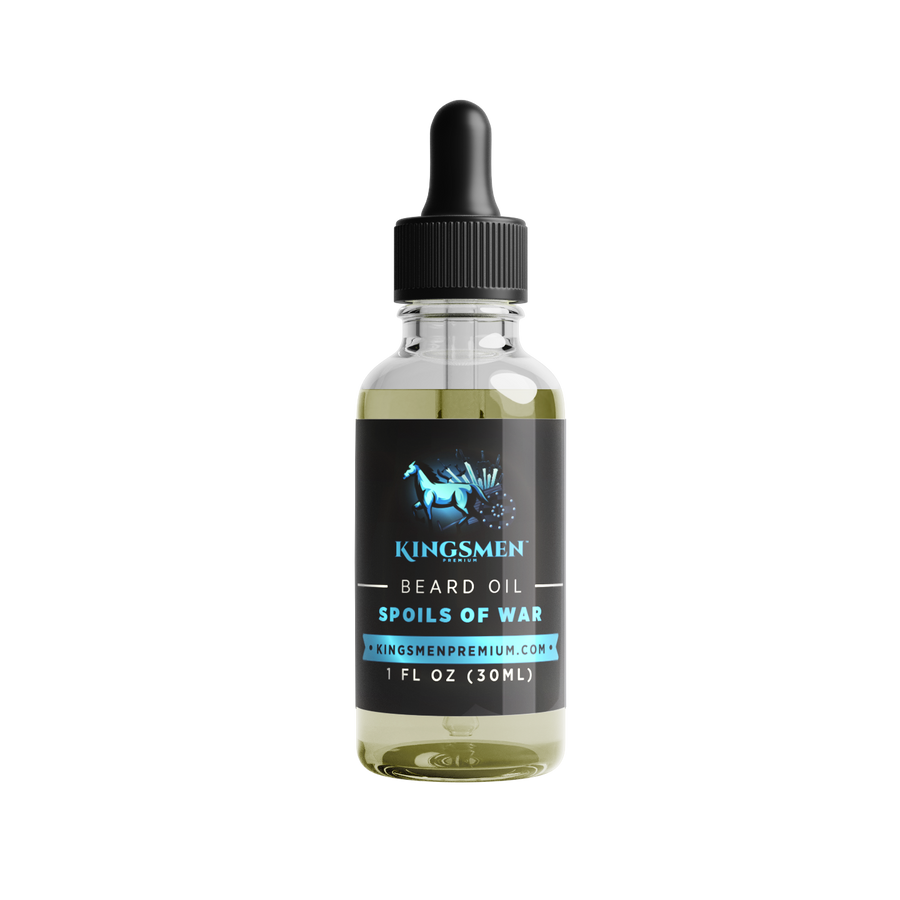
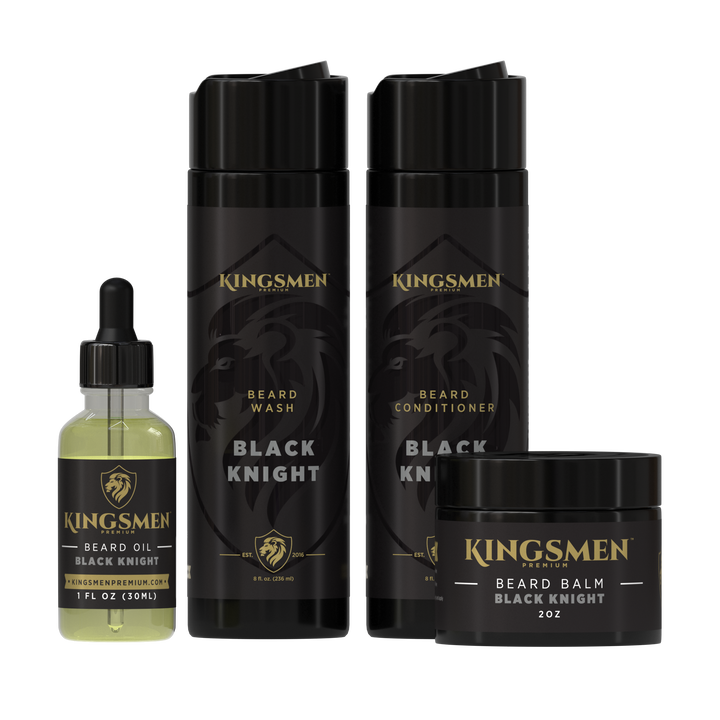
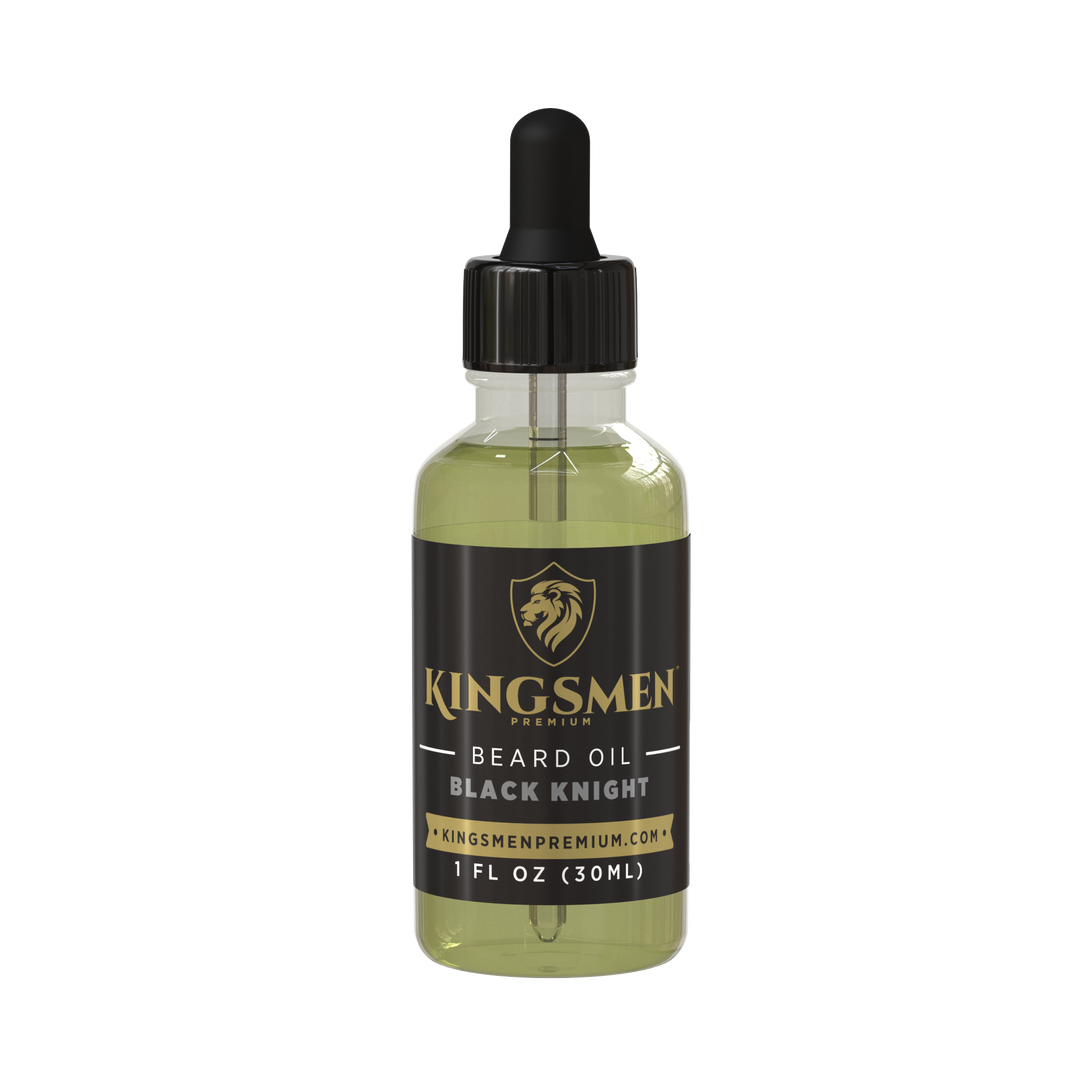
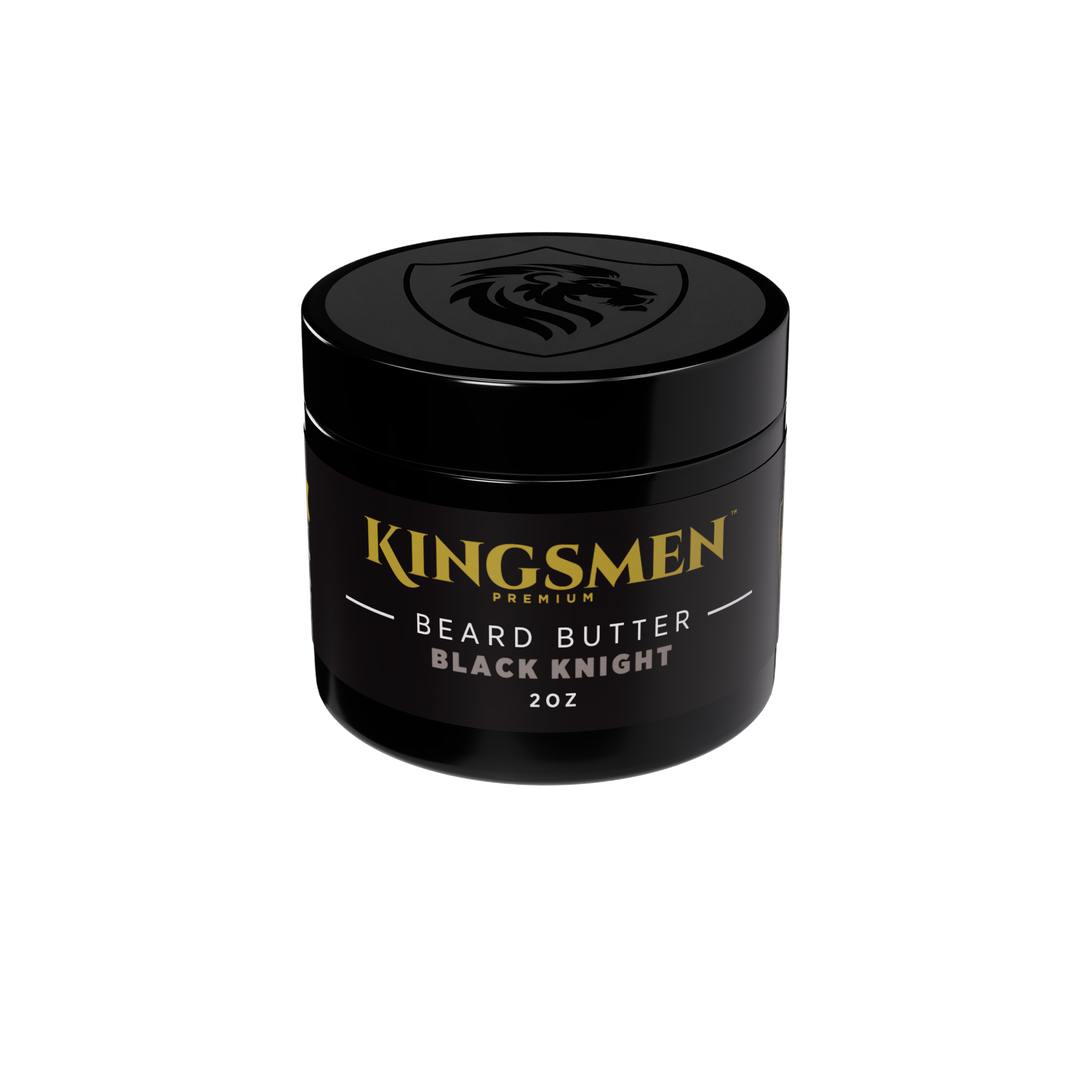
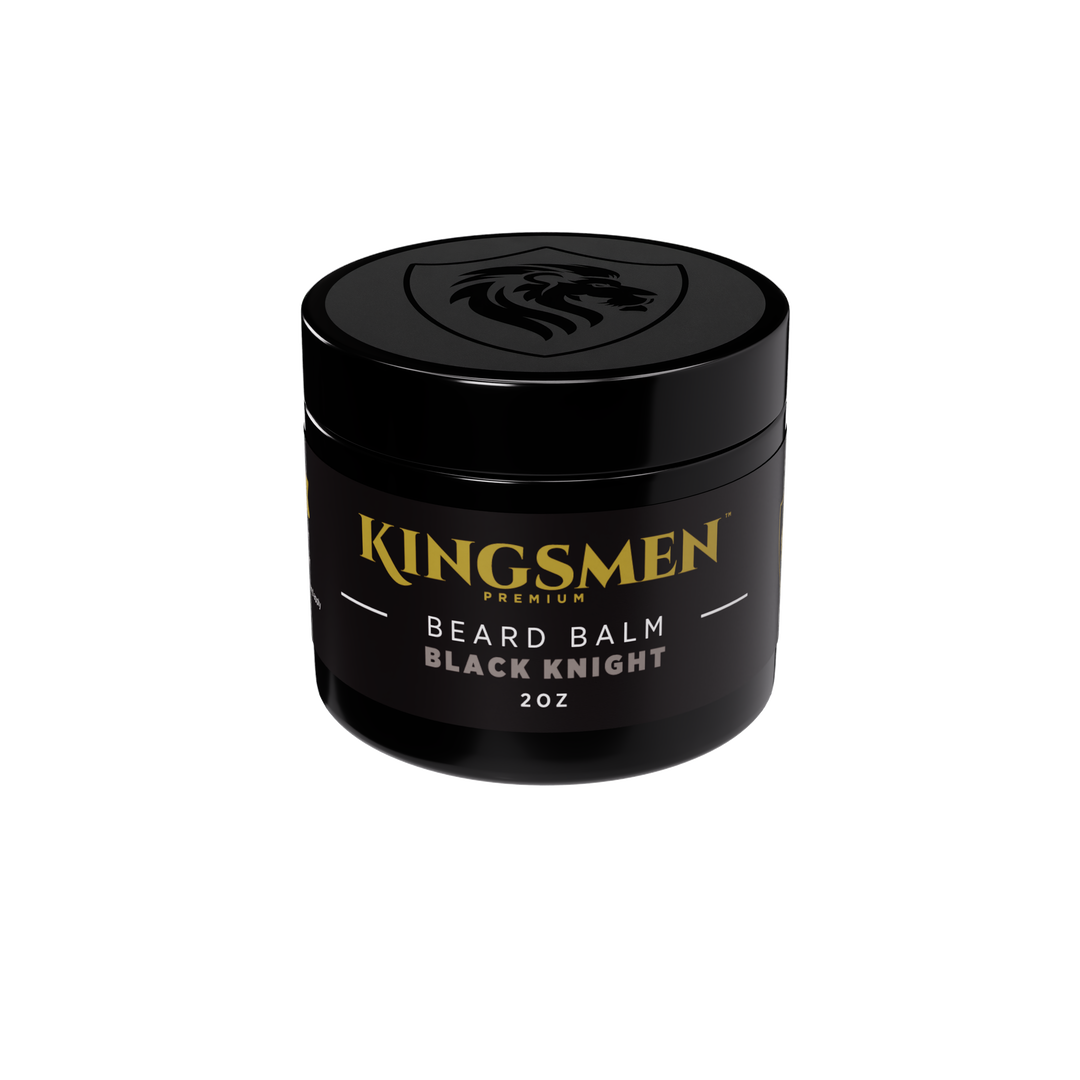
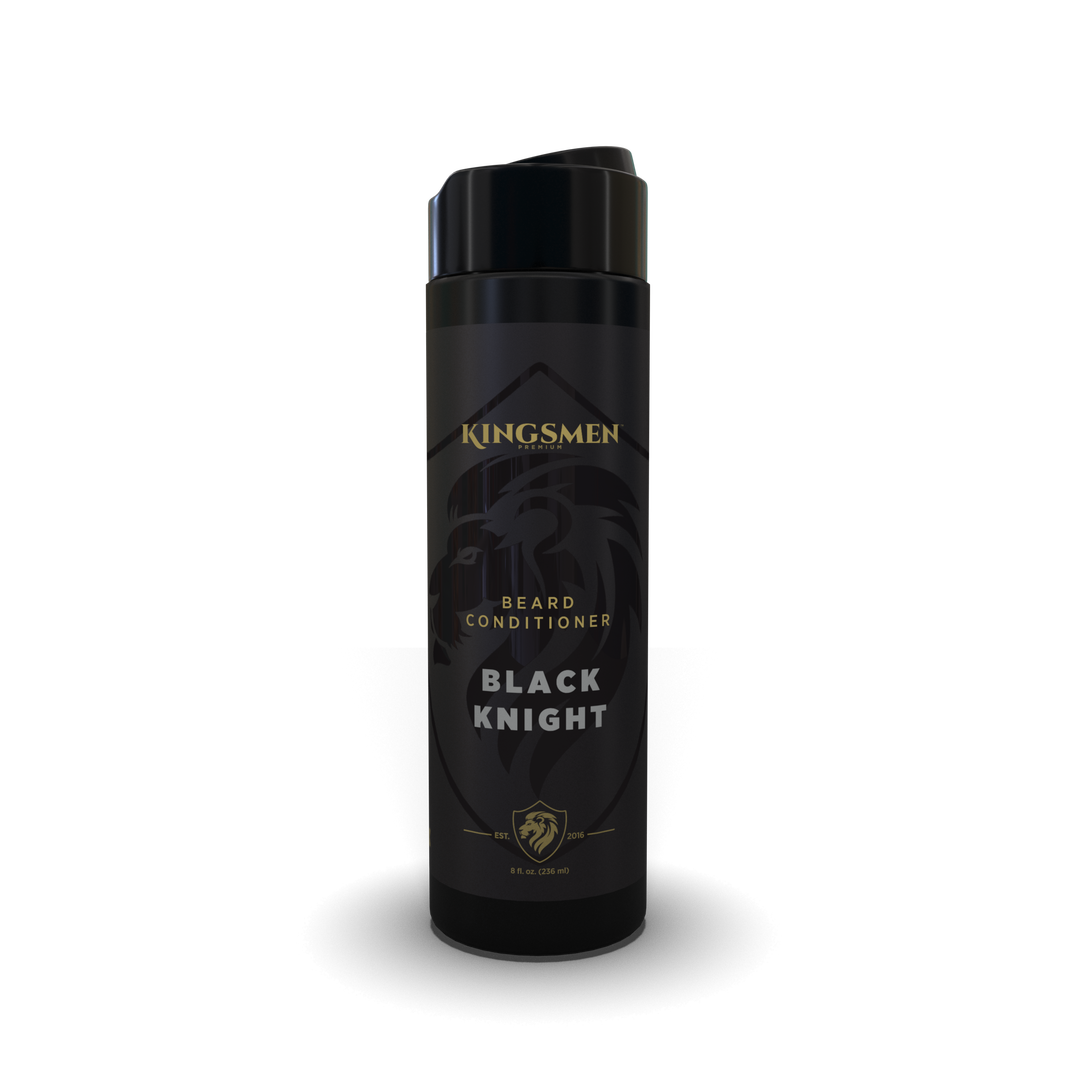
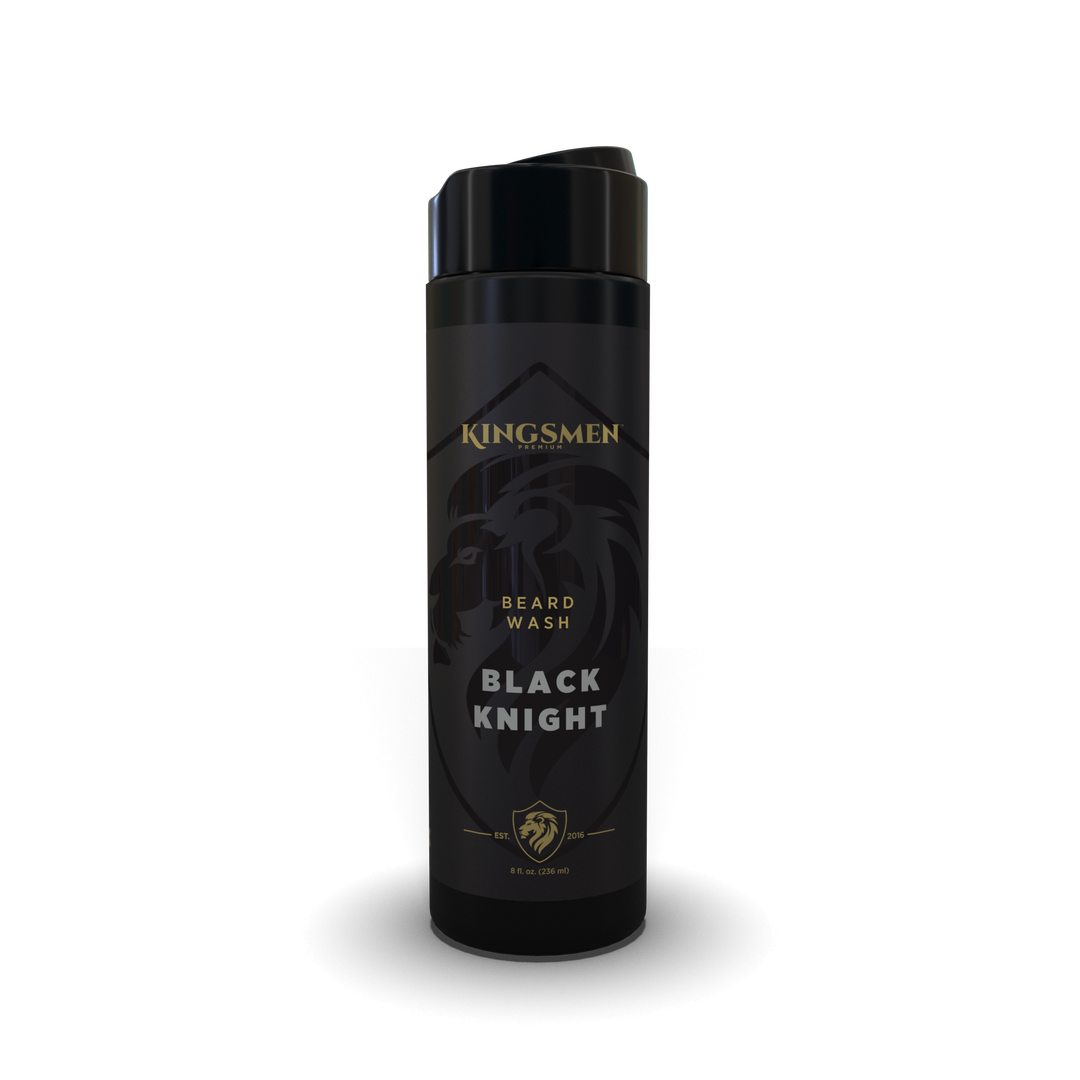
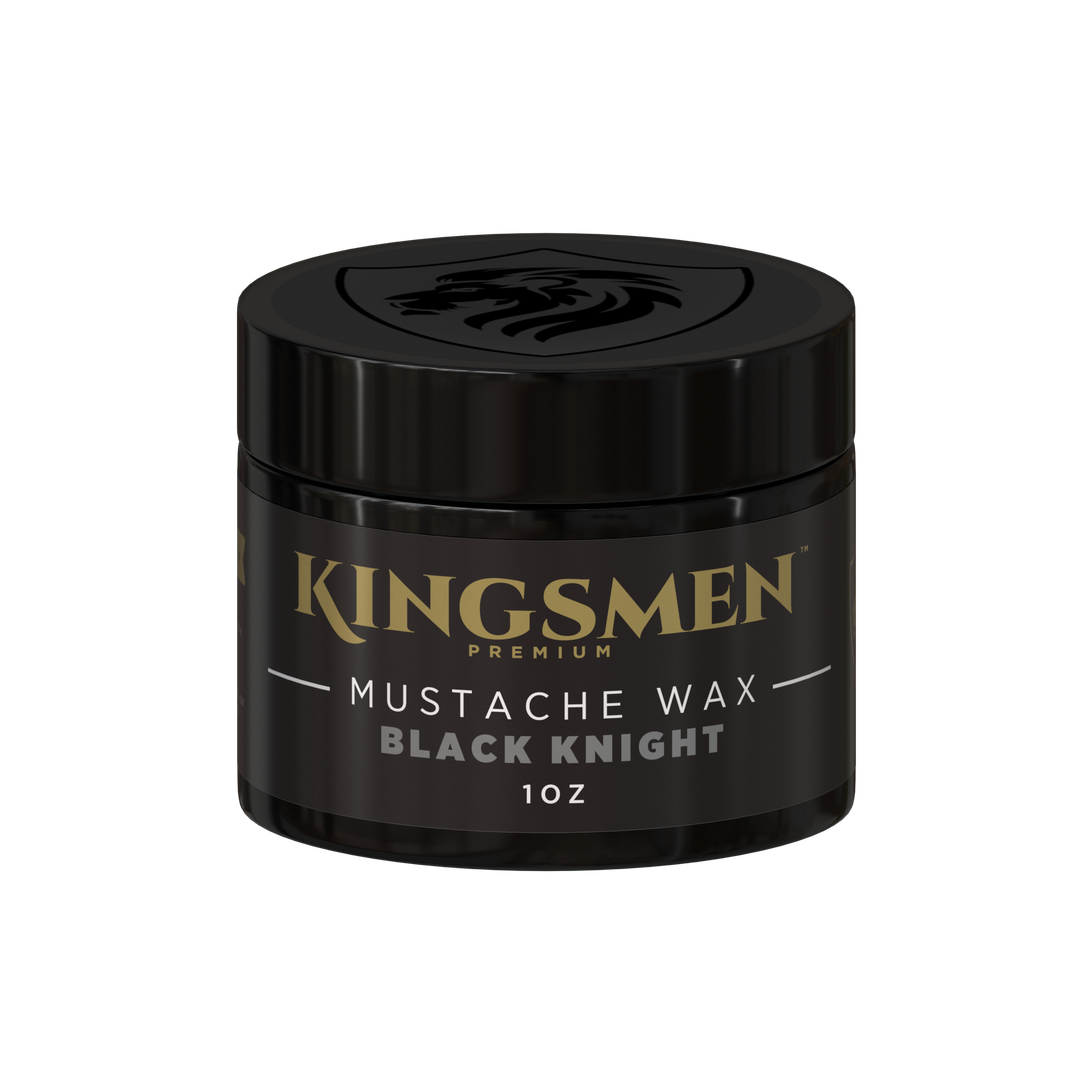
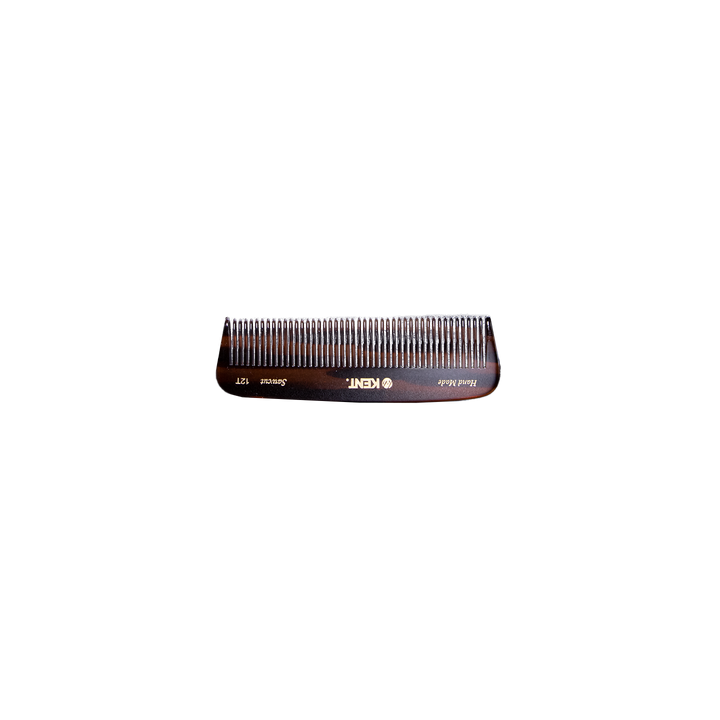


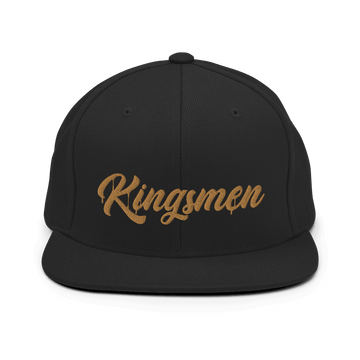



 VERIFIED BUYER
VERIFIED BUYER
 Solid Cologne
Solid Cologne
 Body Wash for Men
Body Wash for Men
 Holy Grail Oud Spray Cologne
Holy Grail Oud Spray Cologne
 Men's Lotion
Men's Lotion
 Monthly Scent Program
Monthly Scent Program
 Beard Care Kits
Beard Care Kits
 Beard Oil
Beard Oil
 Beard Butter
Beard Butter
 Beard Balm
Beard Balm
 Beard Conditioner
Beard Conditioner
 Beard Wash
Beard Wash
 Mustache Wax
Mustache Wax
 Kent Combs and Brushes
Kent Combs and Brushes
 Gift Ideas
Gift Ideas
 T-Shirts
T-Shirts
 Hats
Hats
 Hoodies
Hoodies
 Long Sleeves
Long Sleeves
 Accessories
Accessories





